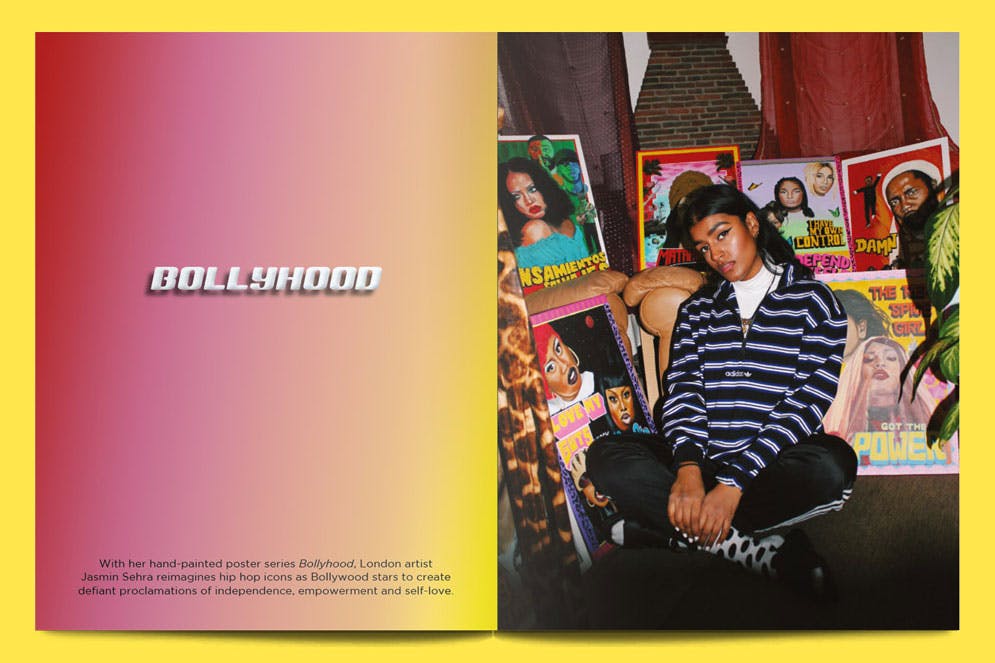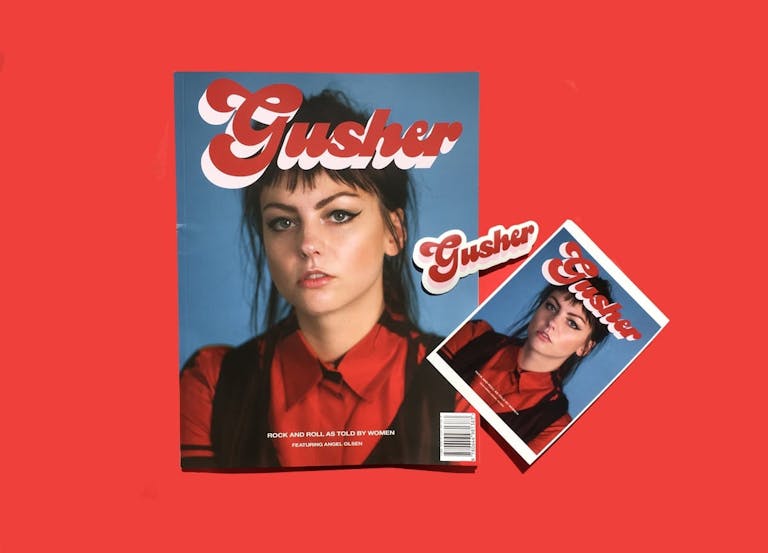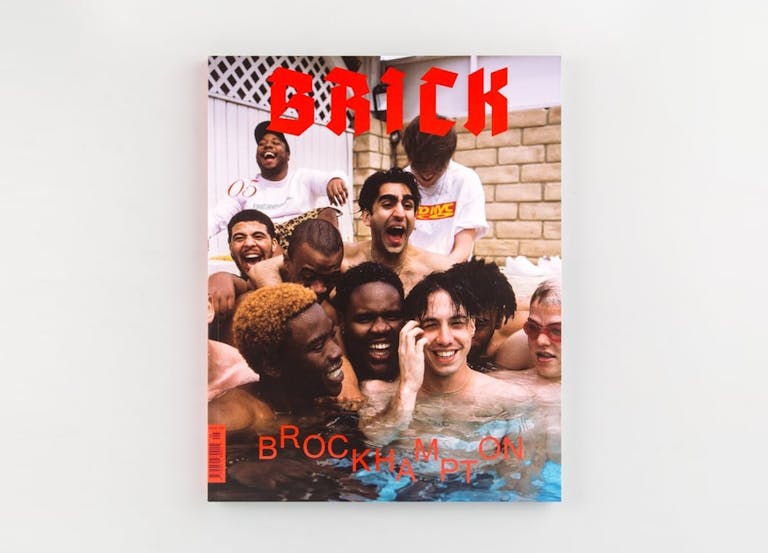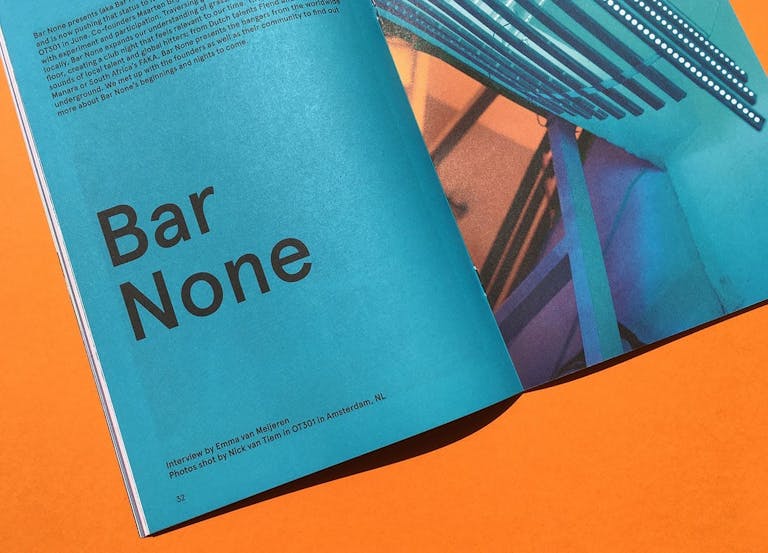Rock ‘n’ Roll, murder and teenage yearning in Gusher Magazine
For women of a certain age, the moment when Marissa Cooper shoots Trey in the back to the sound of Imogen Heap singing “mmm whatcha say” is the high watermark of teen delirium. Part of Gusher’s (extremely excellent) feature about TV scenes defined by song, that OC clip — for all its meme-able absurdity — encapsulates the kind of nostalgia this magazine is all about. Written entirely by women and non binary people, Gusher is free from all the sad harking back older titles do to (macho) rock journo glory days gone by. The yearning on these pages — for a musician, or a song, or the person you were when you first heard that song — is of a different kind. Later in the issue, writer Phoebe Reilly interviews punk feminist icon Kathleen Hanna and describes the feeling of standing in the crowd on a school night, aged 16, and hearing Hanna scream her signature rallying cry “girls to the front!”. Women’s nostalgia is just more interesting.
Often long-form, the music journalism in Gusher is personal, but exacting. One essay profiles Banda Didá, Brazil’s first black female percussion group, on the eve of the most divisive election in recent memory. The group have been widely featured, but what Gusher prints here transcends any easy ‘this group challenges gender norms’ narrative; opening out into a painful meditation on what it means to be black today in a country where a candidate for Vice President has “attributed the beauty of his grandson to a whitening of the race”. Another deep-dive profile is on Claudine Longet, the 70s French pop star and alleged murderer.
We asked editors Juliette Younger and Isabella Trimboli to talk us through the issue. And also tell us their ultimate TV song moment of all time.
It feels like Gusher resists a lot of stereotypical things people do when interviewing women about being in music. Asking them almost exclusively about what it feels like to be a woman in music, for one. What frustrates you about music journalism today?
Isabella: Yeah, we try to avoid that because it’s a line of questioning that doesn’t really go anywhere, or allow for deep reflection or analysis.
We are frustrated by the limited and reductive way some male critics write about women artists. I especially don’t like when publications lump together women who have nothing in common besides their gender for some round-up or ‘women in music’ issue, instead of trying to expand their coverage in a more meaningful way.
But I am equally frustrated about the dominance of the white male voice in music criticism. However, thankfully, I do see that standard being actively challenged right now.
You profile the first black female percussion group in Brazil. Why was it important for you to feature Banda Didá now, in the context of the political situation in Brazil?
Juliette: We reached out to the author (and photographer) Tari Ngangura as we admire her work, and she came back with an incredibly interesting and moving pitch for this piece, a story that’s very close to her as a Zimbabwean woman living in Brazil. She sat in on their rehearsals, attended their performances — she wanted to look at their immense skill and dedication and explore what it means to take up space as black female artists in a country that is failing them. While Tari was writing this piece, a very scary election was happening in Brazil: the ultra-Right Jair Bolsonaro — a man who, among many other offences, has called himself a ‘proud homophobe’ and has praised the country’s former military dictatorship — was leading in the polls. Just before the piece was published, Bolsonaro won. His policies directly impact the women of the Banda Didá, so it was crucial for Tari to report the story through this lens.
We love the feature on the best TV song moments. Can you tell us what your favourite song moment is in TV, and why?
Juliette: For its enduring comedic value, my personal favourite does have to be the Marissa vs Trey shooting scene in The OC, hence why I made it the main image. I wanted everyone who flicked through the magazine to see a giant Mischa Barton acting the living hell out of that scene and revel in its absurdity like it’s 2004.
The Claudine Longet piece is fascinating. Why did you want to run a piece on an alleged murderer?
Isabella: That was actually a pitch we received from the writer, Marta Djordjevic herself. It’s just an incredible, wild story we both had never heard of, and we were hooked! It has everything: skiing, the super-rich, French pop music, famous neighbours, small town bickering, People Magazine, Hunter S. Thompson and, of course, murder!
We were interested by Japanese band Chai’s rewriting of ‘kawaii’. What is kawaii and why are they moving away from it?
Isabella: Kawaii means cute in Japanese, but it also refers to a quite rigid standard of beauty that women in Japan are supposed to live up to.
Chai are actively trying to disassemble this within their music, redefining what they consider cute through super fun, frenetic punk anthems about loving your imperfections.
Buy our Women of Rock collection, to get 25% off.












